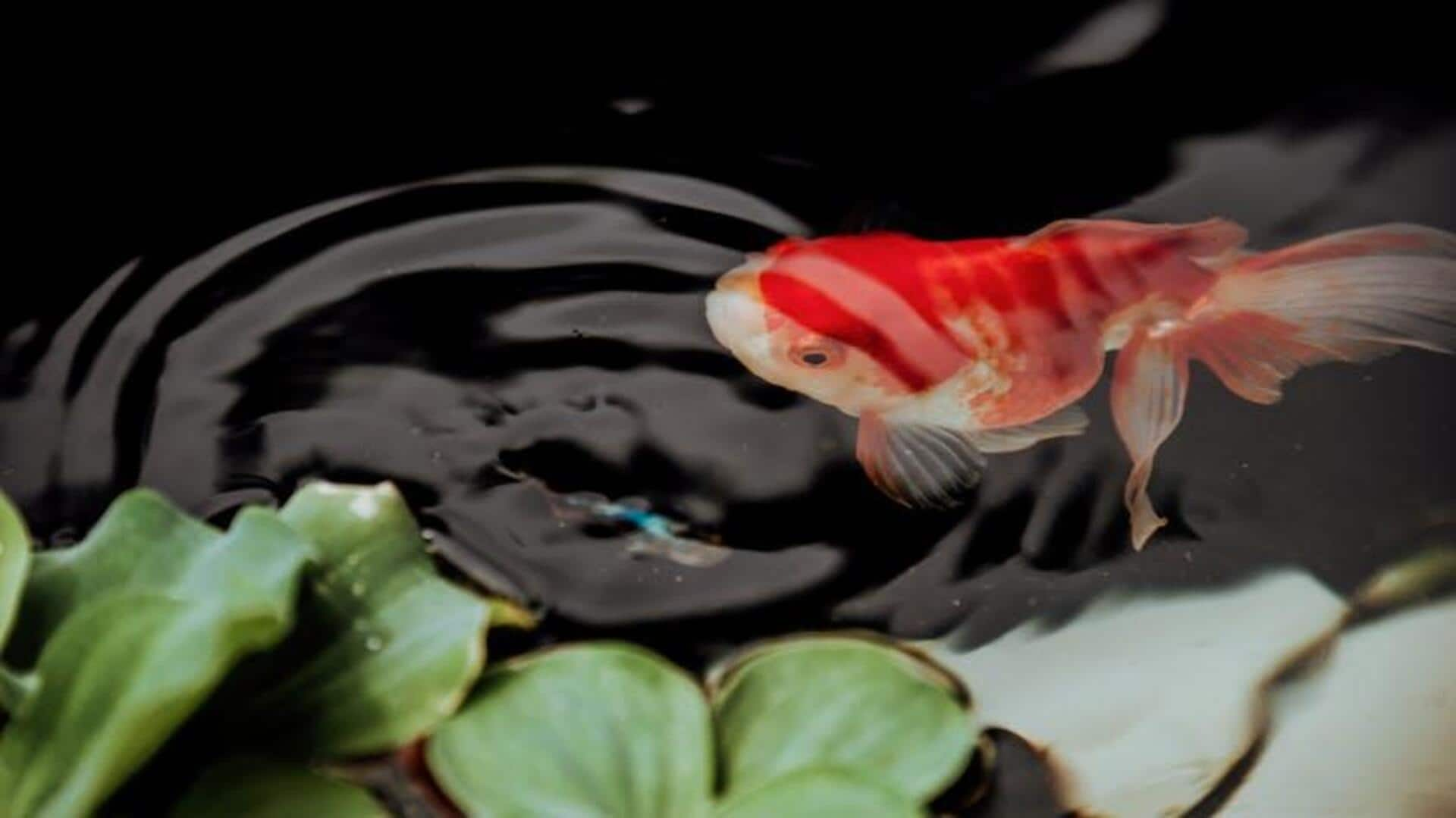
The peaceful coexistence: Sacred animals in Indian and Japanese cultures
What's the story
This article delves into the intriguing world of sacred animals in India and Japan, shedding light on how these creatures are venerated and the special places they occupy within their respective cultures. From the vibrant chaos of India's streets to the tranquil beauty of Japan's landscapes, animals serve as integral parts of religious ceremonies, folklore, and everyday life, embodying a range of spiritual and ethical teachings.
Sacred cows
Cows: The sacred sentinels of India
In India, cows are more than just animals; they are worshipped as sacred beings. Adored by hundreds of millions of Hindus, cows embody ahimsa, divine motherhood, and prosperity. Many states have strict laws protecting these gentle creatures, making it illegal to slaughter them. Cow's milk is regarded as pure and life-giving, playing a vital role in religious rituals and everyday life.
Holy elephants
Elephants: Ganesha's living embodiments
Elephants are deeply revered in Indian culture as the living representations of Lord Ganesha, one of Hinduism's most worshipped deities renowned for his wisdom and power to remove obstacles. During religious festivals like Diwali or Ganesh Chaturthi, elephants are decorated with colorful cloths and jewels, and paraded through the streets to the rhythm of music and dance as a mark of respect and devotion.
Koi significance
Koi fish: Symbols of love and friendship in Japan
In Japan, koi fish are revered for their beauty and resilience. They represent love, friendship, and the strength to overcome adversity. Koi ponds are integral parts of traditional Japanese gardens, serving as tranquil sanctuaries where these vibrant creatures glide with an almost hypnotic grace. Feeding koi is seen as a meditative practice, a way to cultivate tranquility and foster a sense of connection with the natural world.
Divine foxes
Foxes: The messengers of Inari
Foxes, known as kitsune in Japanese, hold significant cultural and spiritual importance. They are seen as messengers of Inari Okami, the Shinto deity of rice cultivation and prosperity. Hence, the statues of foxes (not dogs) are common at Inari shrines across Japan, where they are believed to ward off evil spirits. These animals are attributed with intelligence and wisdom, and are often the subject of folklore stories.
Sacred cranes
Cranes: Birds symbolizing longevity happiness
Cranes are sacred to both India and Japan, but for different reasons. In Japan, cranes symbolize good fortune and longevity. They're everywhere in art and origami, standing for peace and healing after war. In India, cranes like the Saraswati (not to be confused with the goddess) symbolize marital fidelity and the arrival of a new season. They're celebrated in poetry and songs from Punjab to Bengal.